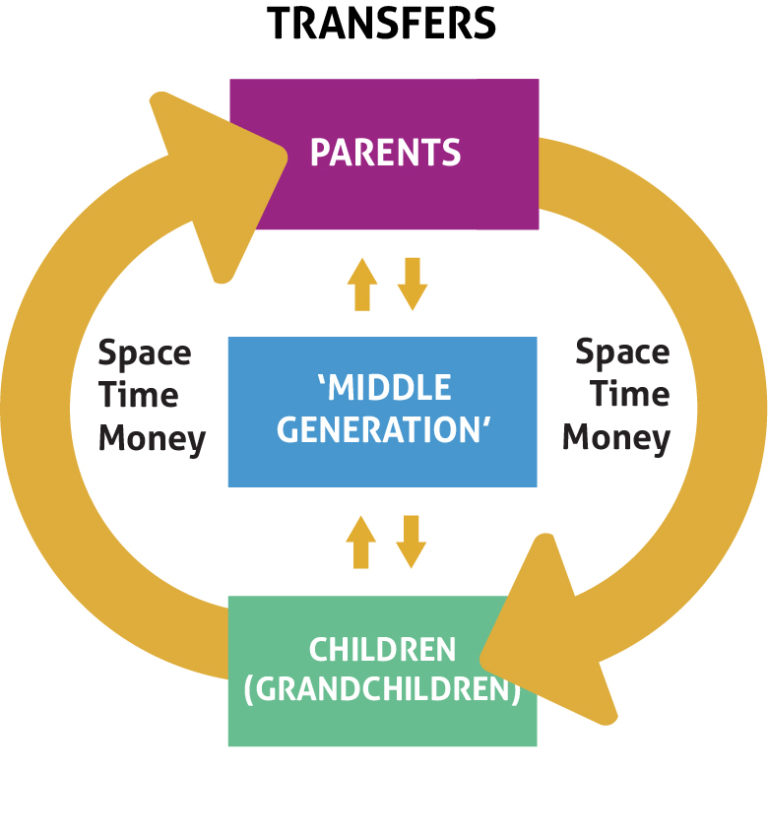Home / Healthcare & Medicine / Healthcare / Strategies for Successful Ageing / Everyday engagement: Intergenerational transfers

Reach your personal and professional goals
Unlock access to hundreds of expert online courses and degrees from top universities and educators to gain accredited qualifications and professional CV-building certificates.
Join over 18 million learners to launch, switch or build upon your career, all at your own pace, across a wide range of topic areas.










